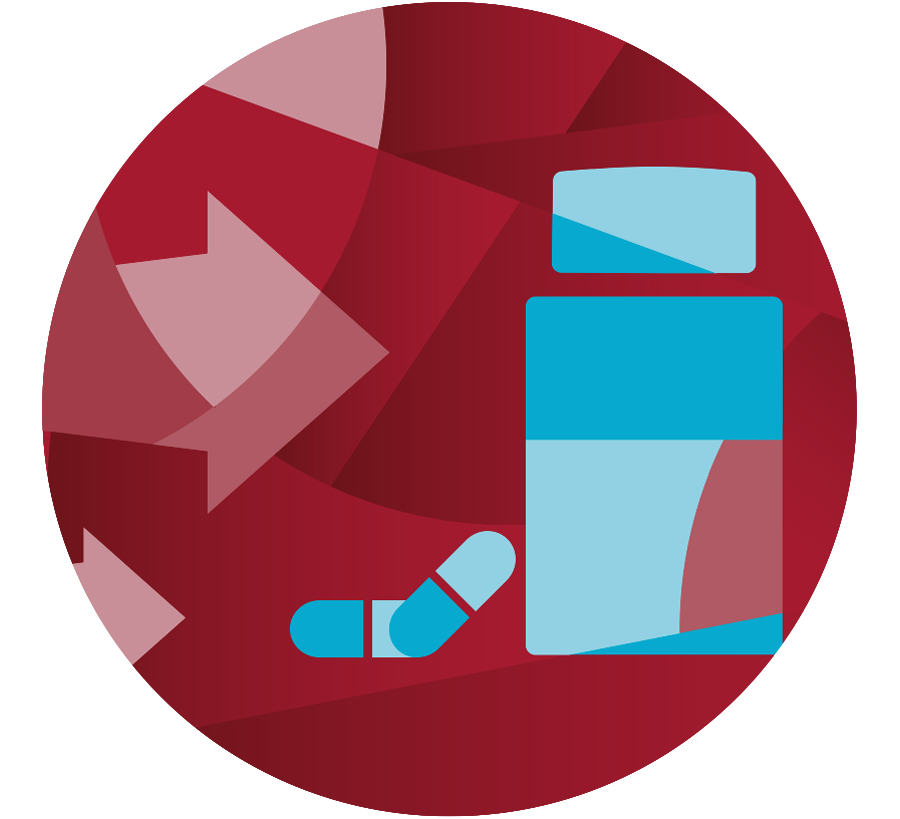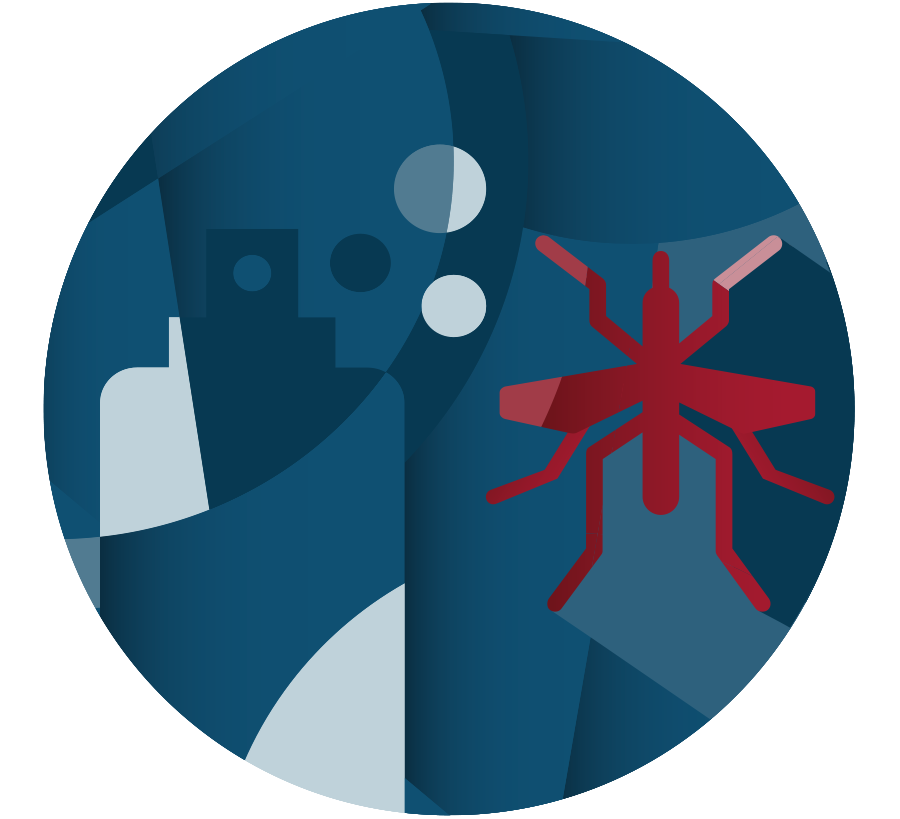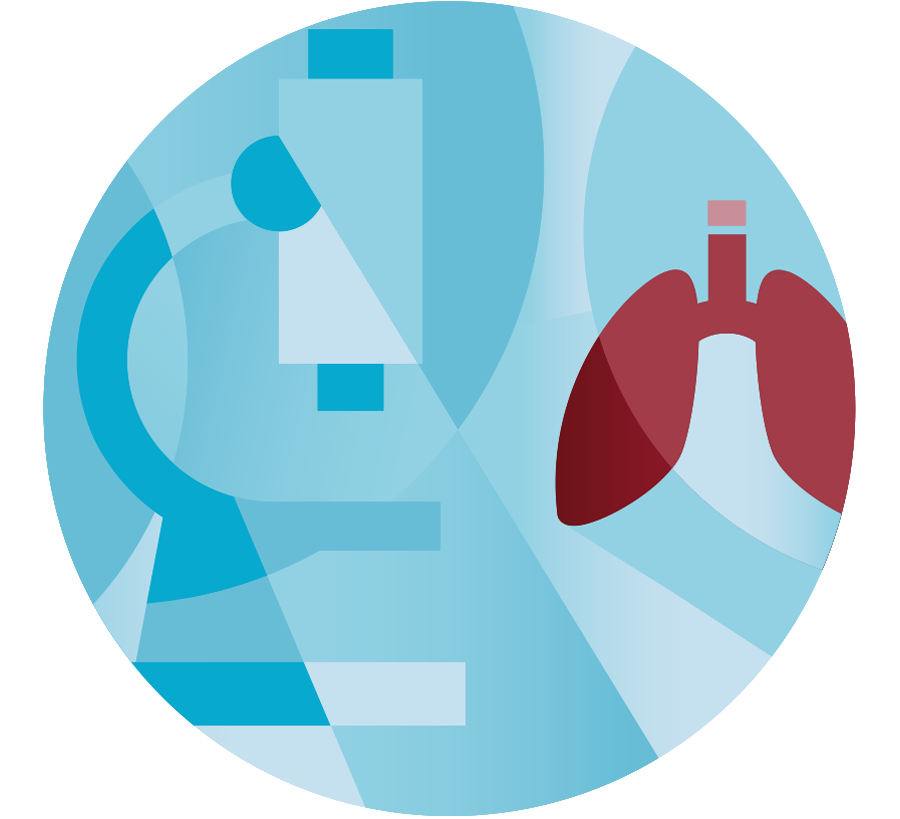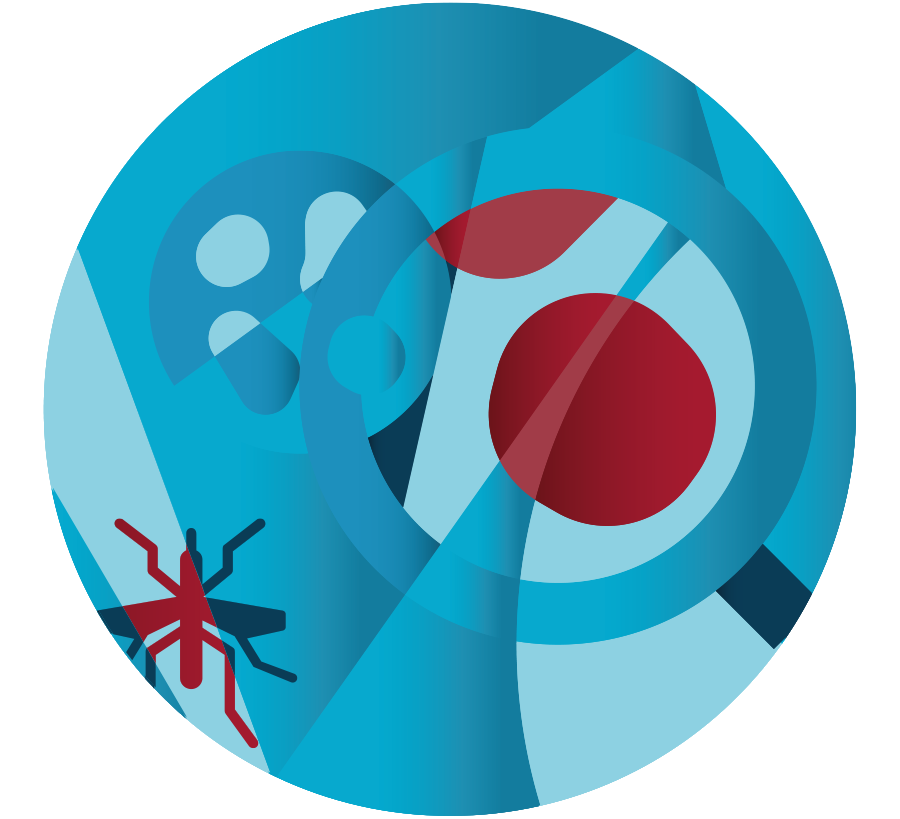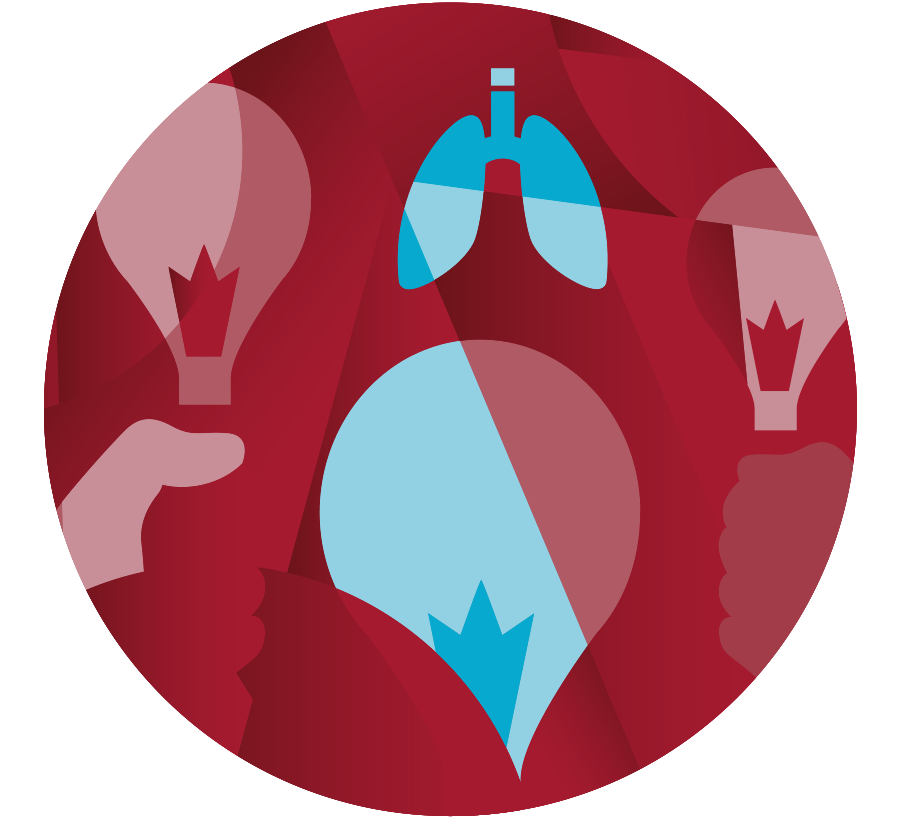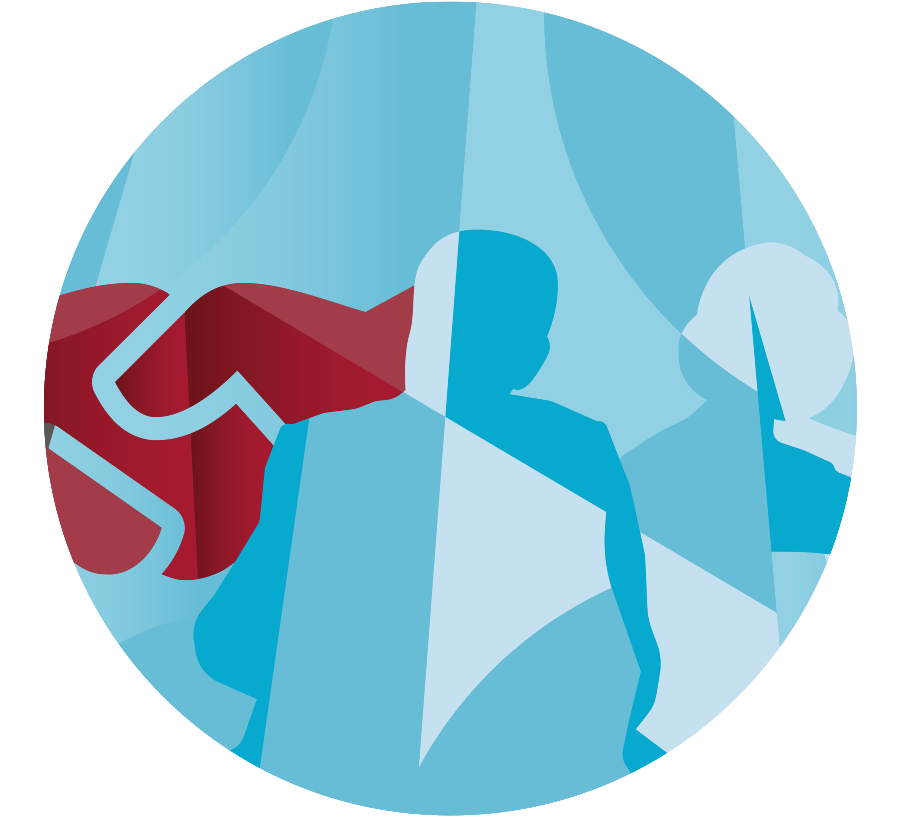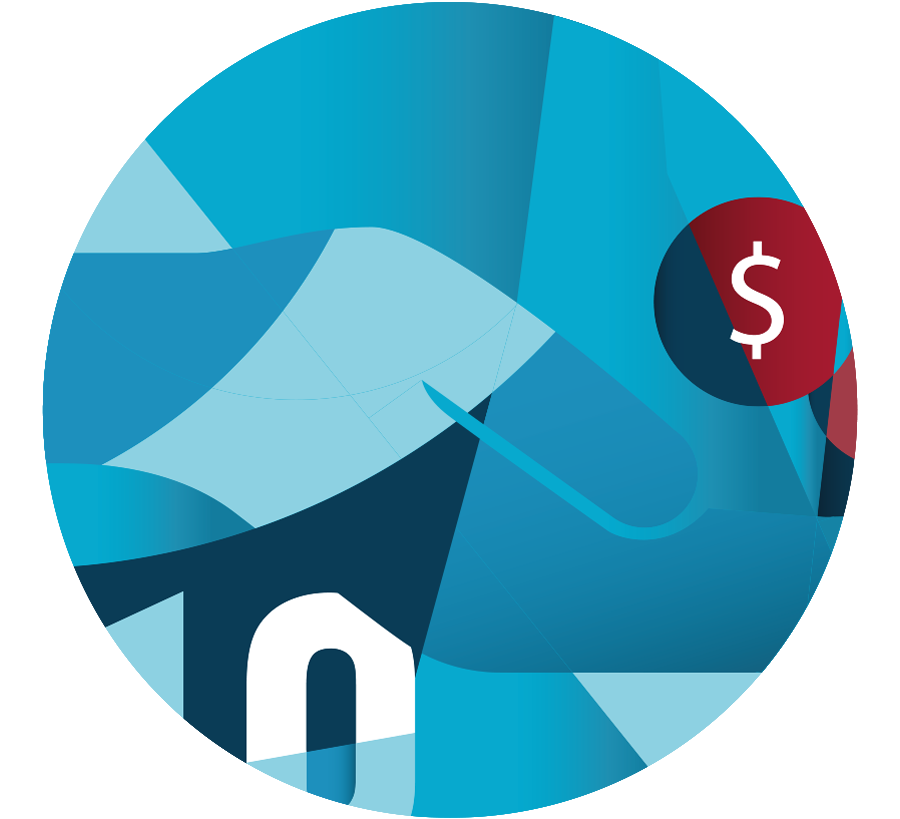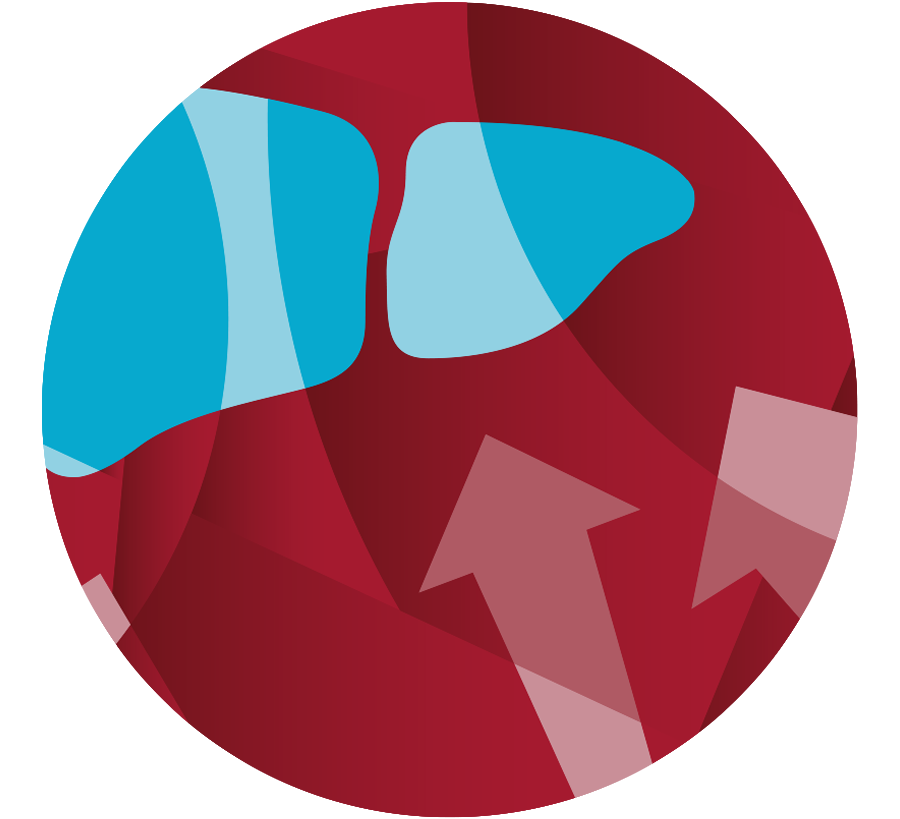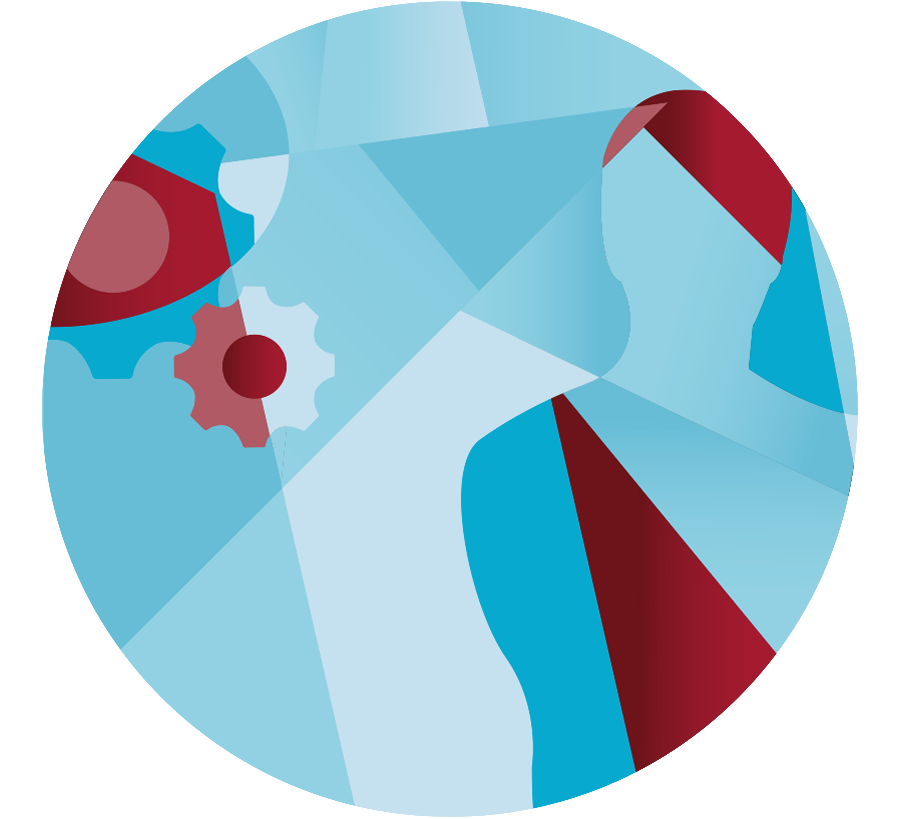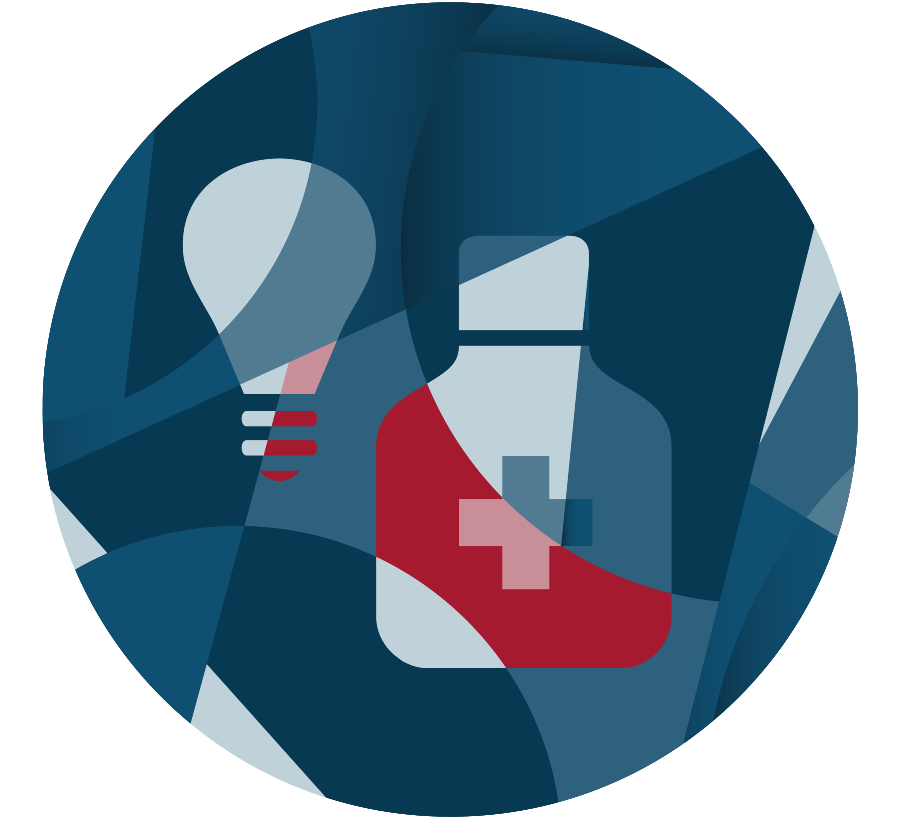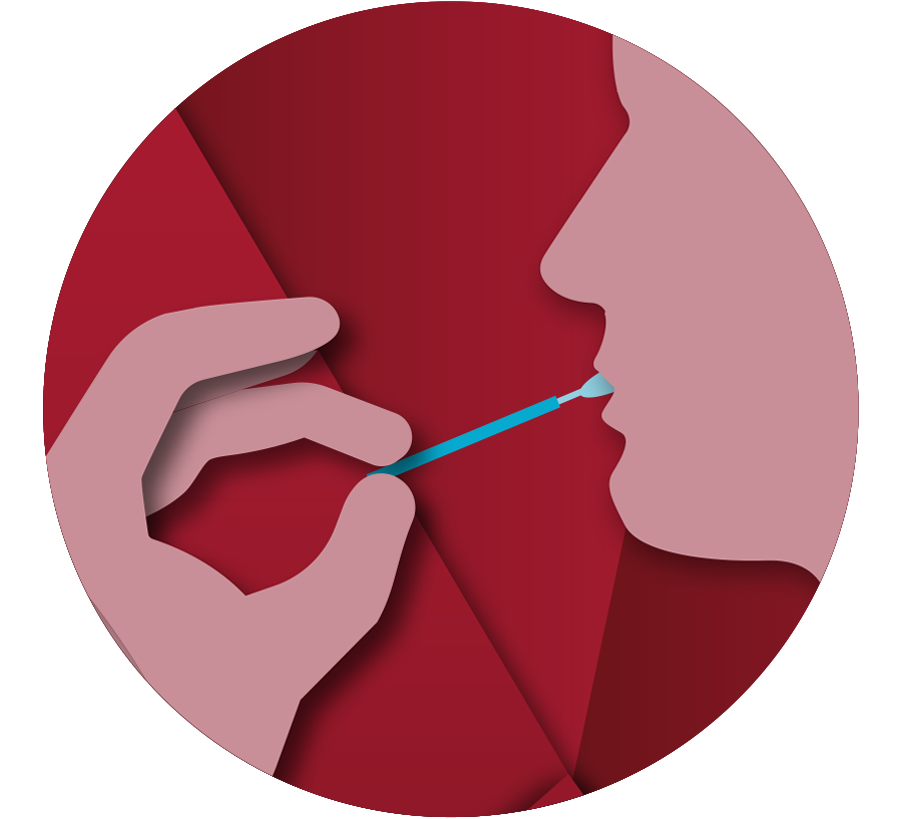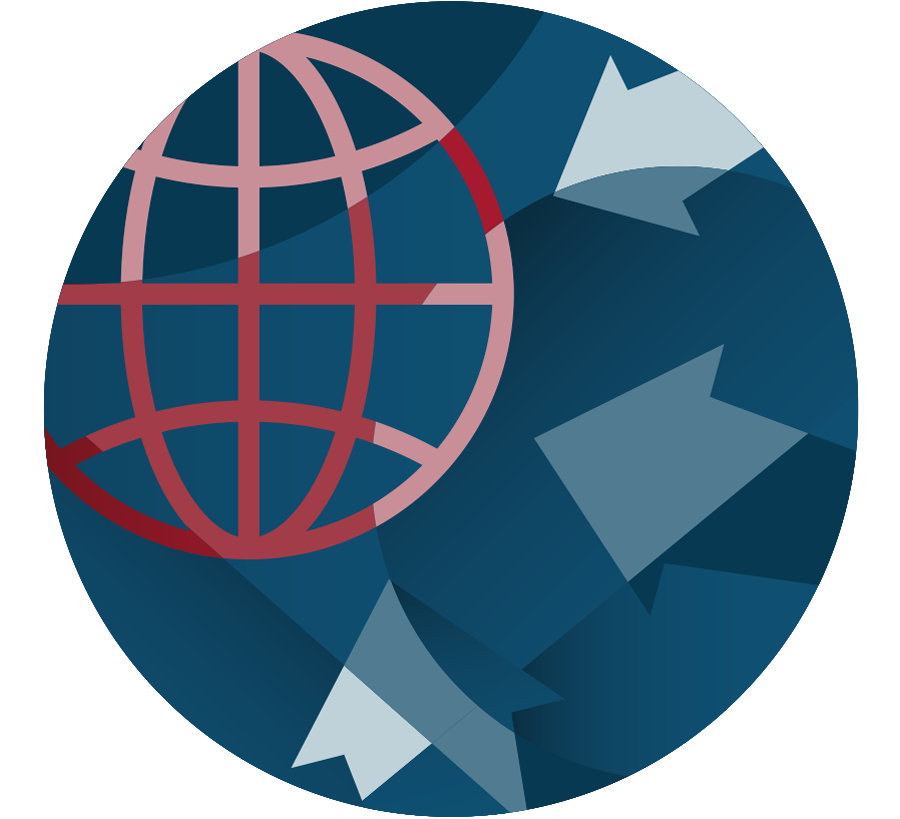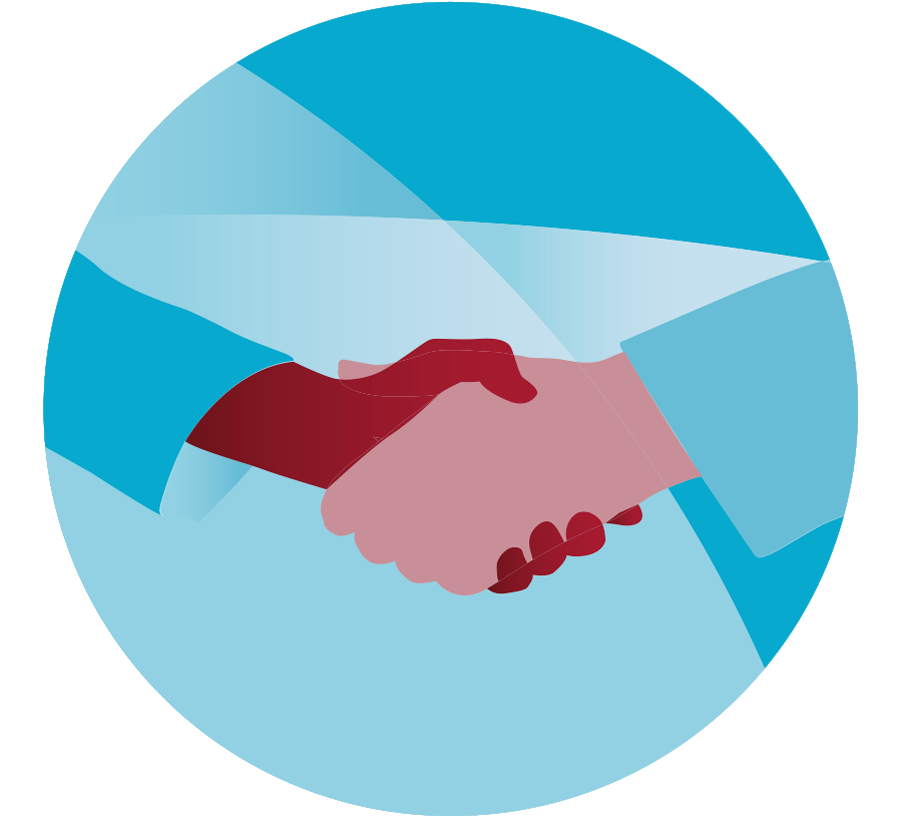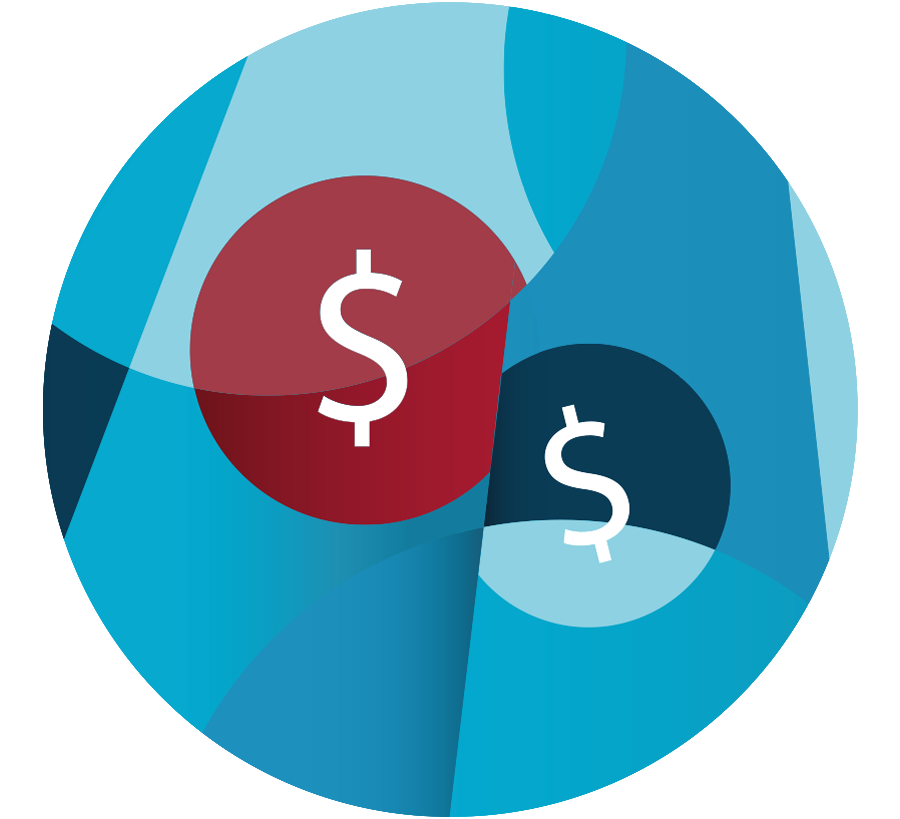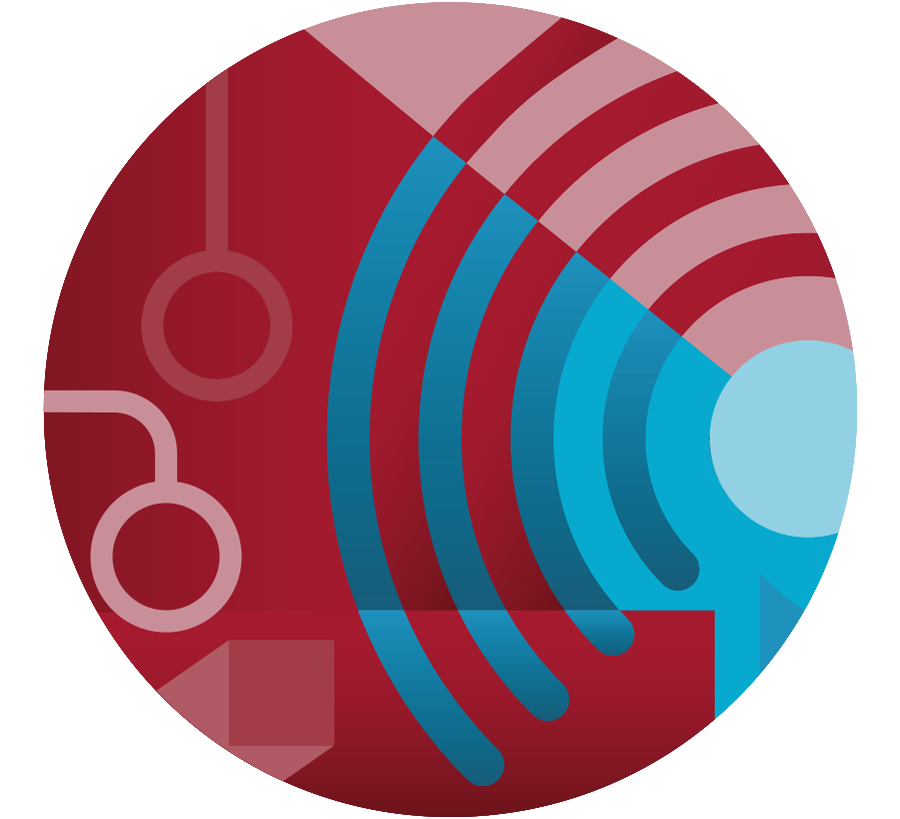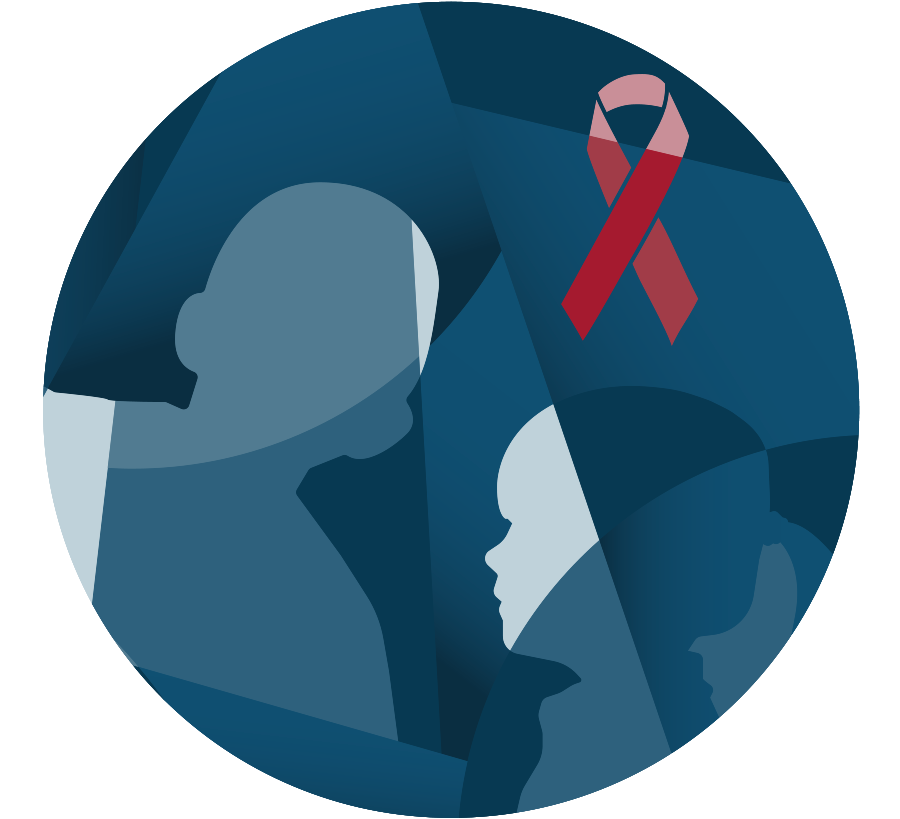INTRODUCTION
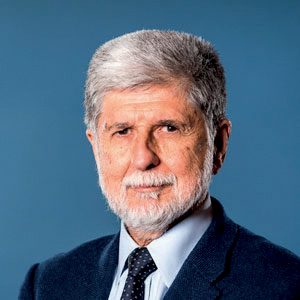
A TIME FOR BOLDNESS IN GLOBAL HEALTH
Unitaid takes inspiration from the idea that we are all part of the human family and that no single country can view the well-being of its own people in isolation from others...
READ MORE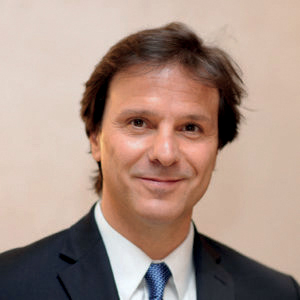
UNLEASHING A WAVE OF HEALTH INNOVATION
Rarely have the odds looked better for ridding the world of HIV/AIDS, tuberculosis, malaria and other deadly infectious diseases...
READ MOREWHAT WE DO
Unitaid invests in new ways to prevent, diagnose and treat HIV/AIDS, tuberculosis and malaria more quickly, affordably and effectively. We also work to improve access to diagnostics and treatment for HIV co-infections including hepatitis C. We bring the power of new medical discoveries to the people who most need them. Unitaid helps set the stage for the large-scale introduction of new health products. We do this by collaborating with governments, industry, technical agencies, civil society and funding partners.
OUR NEW STRATEGY
Unitaid adopted a strategy for 2017 to 2021 to support global efforts to end HIV/AIDS, malaria and tuberculosis, and to help reduce inequality in access to healthcare.
Unitaid’s strategic objectives are to foster innovation and create the right conditions for mass introduction of pioneering medicines, diagnostic tests and prevention tools. The strategy follows the Sustainable Development Goal on health, which sets out to promote access to healthcare as a basic human right over the next 15 years.
Unitaid collaborates with global health partners and governments to:
IDENTIFY
shortcomings in the global response.

SEARCH FOR
smart new ideas to help close the gaps.
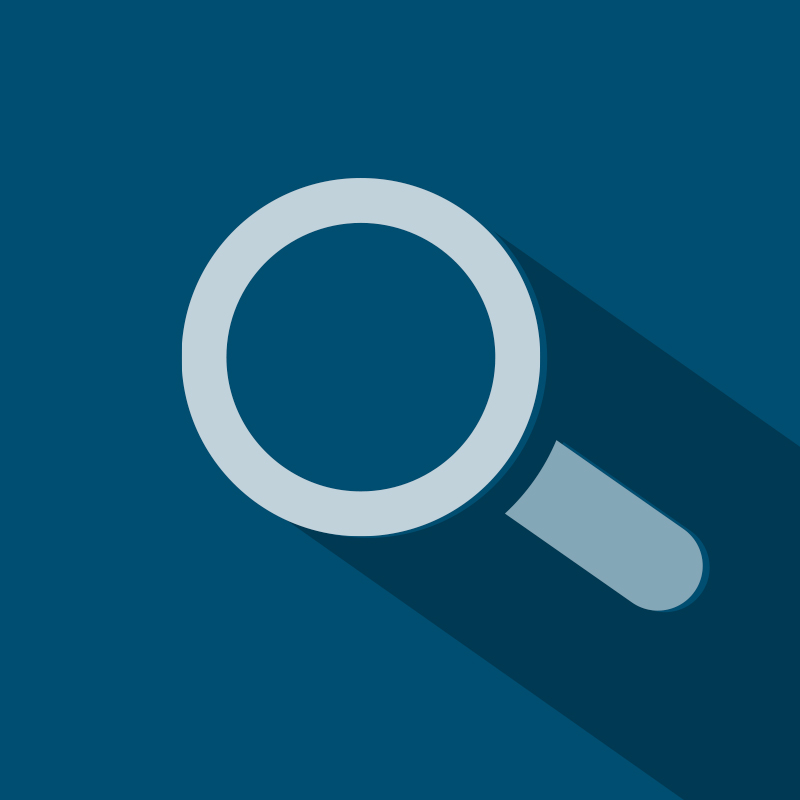
CHOOSE
the best proposals and fund their development.
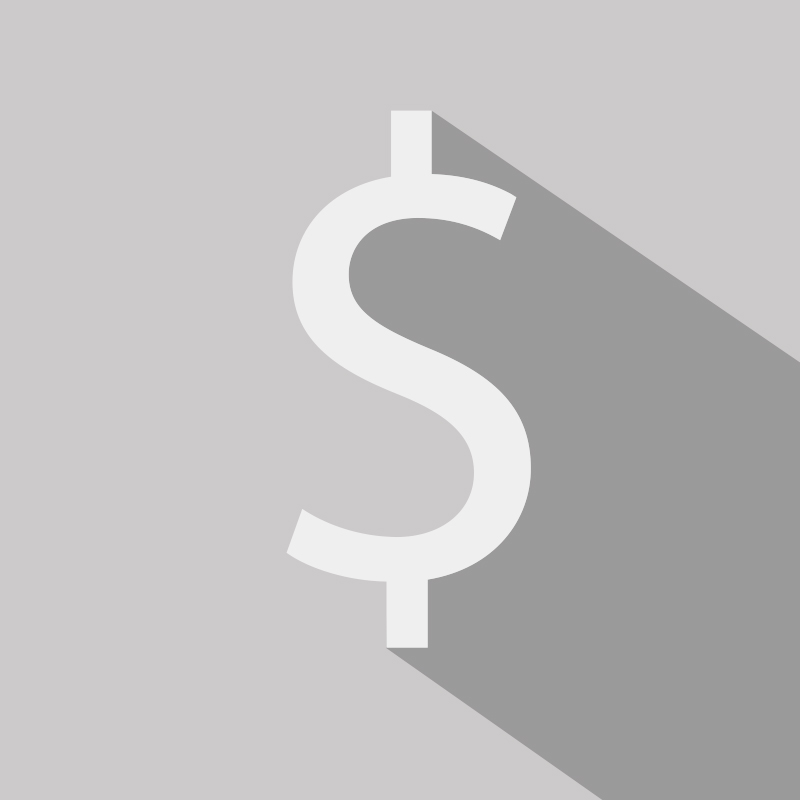
ACCELERATE
full-scale deployment of practical solutions.
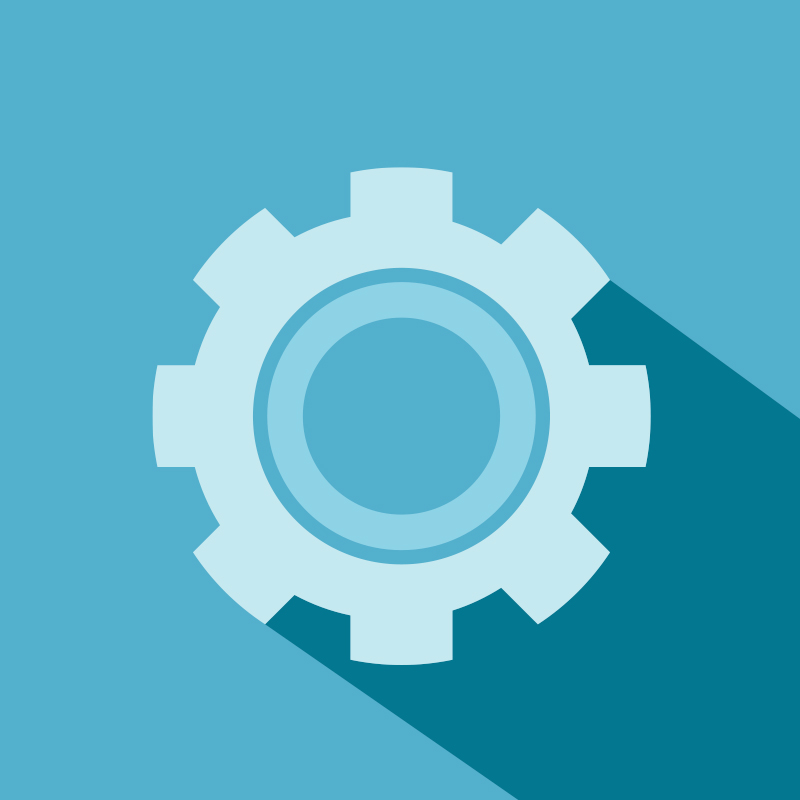
Top game-changing investments
In just over 10 years, Unitaid has invested US$ 2.5 billion through 59 grants with key partners across the globe. Below we describe eight flagship projects designed to bolster global efforts to end HIV/AIDS, tuberculosis and malaria.
-
1

Large-scale introduction of rapid HIV self-tests
-
2

New HIV drugs in low- and middle-income countries
-
3

Better hepatitis C
diagnostics and treatment -
4

New TB treatments
for children -
5
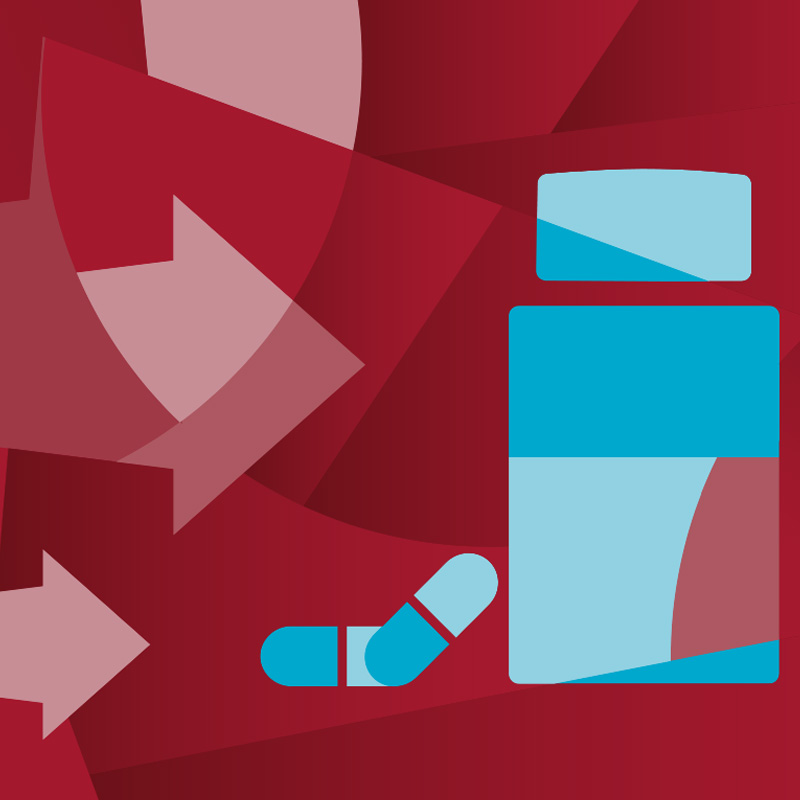
Better, shorter treatments
for drug-resistant TB -
6
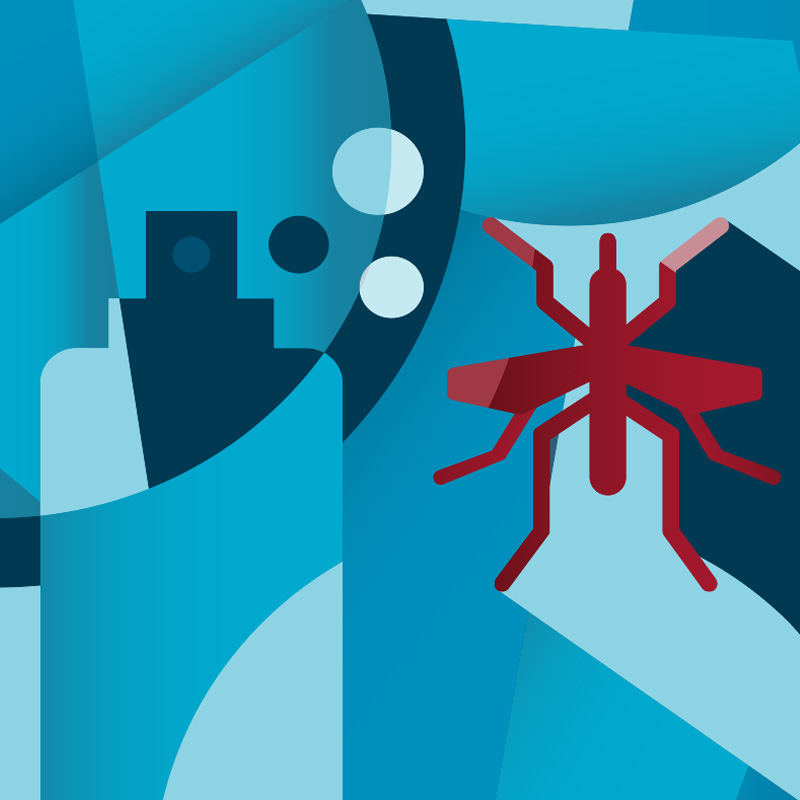
Bringing new
antimalarial insecticides to market -
7
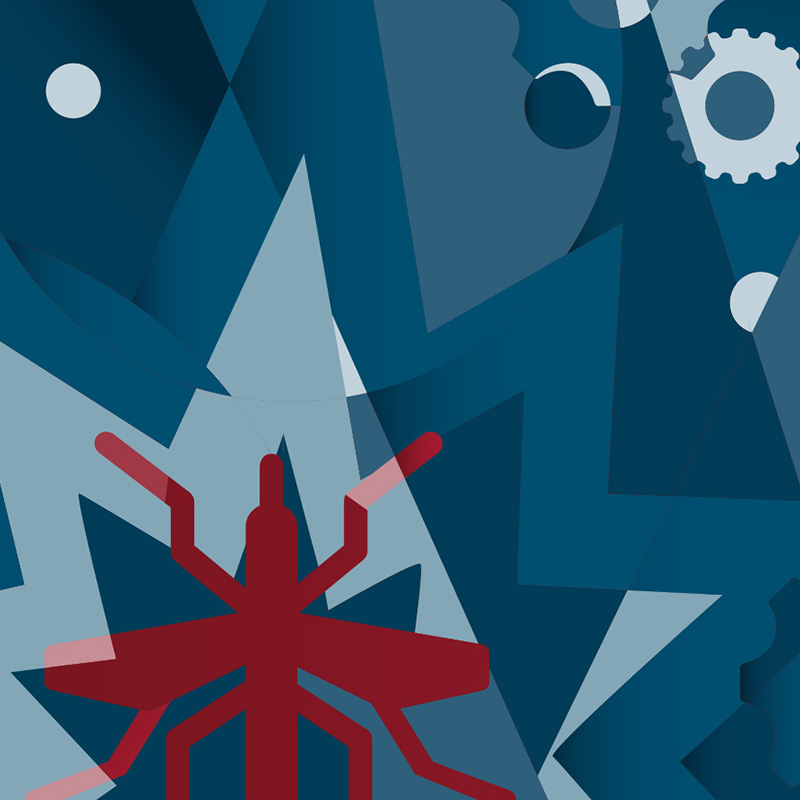
New treatments
for severe malaria -
8
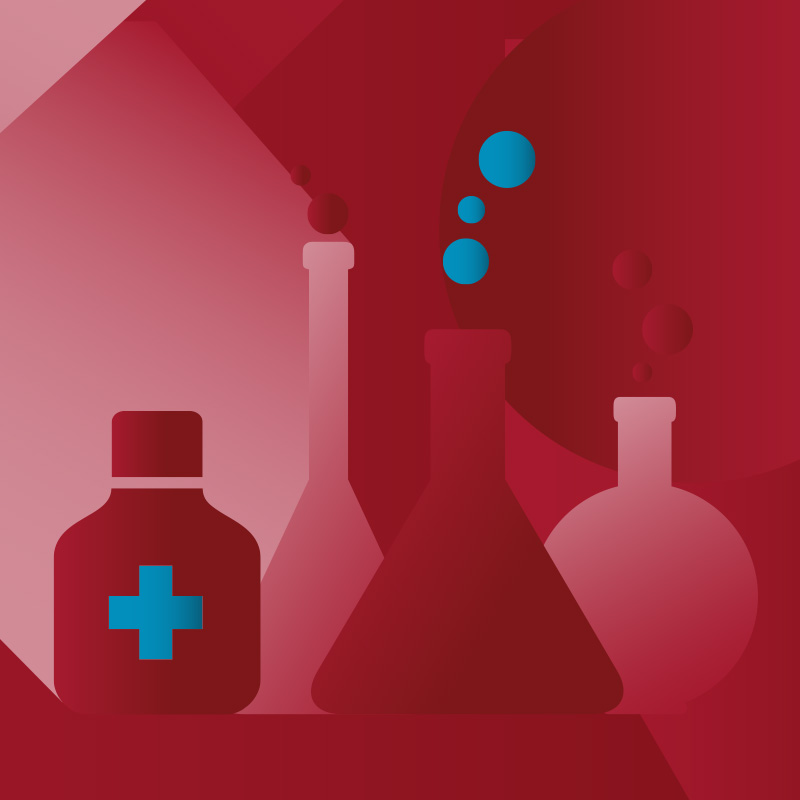
Generating a supply
of affordable, life-saving
generic medicines
QUICK FACTS ABOUT UNITAID
Unitaid makes life-saving drugs affordable and accessible. Prices for adult second-line antiretrovirals dropped by 60 percent in 10 years, and more people living with HIV were put on treatment thanks to Unitaid’s efforts.
Unitaid is speeding access to better, shorter treatments for multidrug-resistant tuberculosis (MDR-TB). Unitaid also helped scale up the use of a new, affordable, rapid test for drug-resistant tuberculosis, increasing detection of MDR-TB.
Unitaid has increased access to quality antimalarial drugs and new diagnostic techniques, contributing to a 50 percent reduction in malaria deaths since 2000.
Unitaid is spurring innovation for paediatric treatments by supporting the best new medicines specially adapted for children living with HIV, TB or malaria. Unitaid funded the first tuberculosis drug specially adapted for children, which has been adopted by more than 60 countries worldwide.
In just over ten years, Unitaid has invested close to US$ 2.5 billion through 59 grants with key partners across the globe, to bring better health products to those who need them most.
Portfolio
July 2017
-
HIV
-
TB
-
Malaria
-
Cross-cutting
Our donors
Unitaid’s current donors are France, the United Kingdom, Brazil, Norway, Chile, the Republic of Korea, Spain and the Bill & Melinda Gates Foundation. A key source of income is innovative financing, specifically the international solidarity levy on airline tickets.
- Cumulative contributions of top eight donors since inception (2006 - 2016) In m of US$
- France 1,605.4
- United Kingdom of Great Britain and Northern Ireland 607.3*
- Norway 183.0
- Bill & Melinda Gates Foundation 100.0
- Brazil 90.3
- Spain 81.6
- Republic of Korea 51.0
- Chile 33.5
- Others** 20.8
* Includes £88 m of promissory notes translated to US$107.7 m as of 31.12.2016.
**Includes contributions from Cameroon, Democratic Republic of Congo, Guinea, Luxembourg, Madagascar, Mali, Mauritius and Niger.



